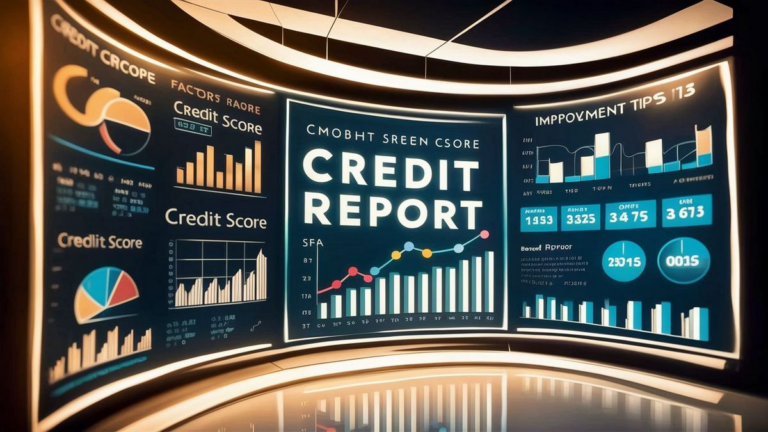When it comes to understanding your financial health and credibility, credit scores play a significant role. Experian, one of the major credit reporting agencies, offers credit scores to individuals seeking insights into their creditworthiness. However, a common question that arises is: How accurate is Experian credit score?
Understanding Experian Credit Score
Experian calculates credit scores based on the information provided in your credit report. This score reflects your creditworthiness and is often used by lenders to determine whether to approve your loan applications and what interest rates to offer you.
Factors Influencing Experian Credit Score
Several factors contribute to the accuracy of your Experian credit score:
- Payment History: Your history of making timely payments on loans and credit cards greatly impacts your credit score.
- Utilization Ratio: The amount of credit you’re using compared to your total available credit affects your score. A lower utilization ratio is generally better.
- Length of Credit History: The longer your credit history, the better understanding Experian has of your credit behavior.
- Credit Mix: Having a diverse mix of credit accounts, such as credit cards, mortgages, and auto loans, can positively impact your score.
- New Credit: Opening multiple new credit accounts in a short period may raise red flags for lenders and lower your score temporarily.
Accuracy of Experian Credit Score
Experian strives to provide accurate credit scores, but the accuracy ultimately depends on the information furnished by creditors and reported to the credit bureau. If there are inaccuracies in your credit report, it can lead to an incorrect credit score.
It’s essential for consumers to review their credit reports regularly to ensure the information is accurate. If you spot any errors, you can dispute them with Experian to have them corrected.
Improving Experian Credit Score
If your Experian credit score isn’t where you want it to be, there are steps you can take to improve it:
- Pay Bills on Time: Consistently making on-time payments is crucial for boosting your credit score.
- Reduce Debt: Lowering your credit card balances and overall debt can positively impact your score.
- Avoid Opening Too Many Accounts: Limit the number of new credit accounts you open within a short timeframe.
- Monitor Your Credit Report: Regularly check your credit report for errors and address any discrepancies promptly.
While Experian credit scores provide valuable insights into your creditworthiness, their accuracy hinges on the information contained in your credit report. By understanding the factors that influence your score and taking proactive steps to maintain good credit habits, you can work towards achieving a favorable credit standing.
Understanding Credit Reporting Agencies
Credit reporting agencies like Experian are tasked with gathering and maintaining financial data on individuals to generate credit reports and scores. These agencies collect information from various sources, including lenders, creditors, and public records.
Importance of Credit Monitoring
Regularly monitoring your credit report from agencies like Experian is crucial for staying informed about your financial standing. Monitoring allows you to detect any suspicious activity, errors, or inaccuracies that could negatively impact your credit score.
Frequently Asked Questions
Here are some frequently asked questions about Experian credit scores:
| Question | Answer |
|---|---|
| 1. How often is the Experian credit score updated? | Experian updates credit scores periodically as new information is reported by creditors. However, the frequency may vary. |
| 2. Can I get a free credit report from Experian? | Yes, consumers are entitled to a free credit report from Experian once every 12 months through AnnualCreditReport.com. |
| 3. Does Experian provide credit monitoring services? | Yes, Experian offers credit monitoring services that provide alerts for changes in credit reports, suspicious activity, and more. |
See also:






